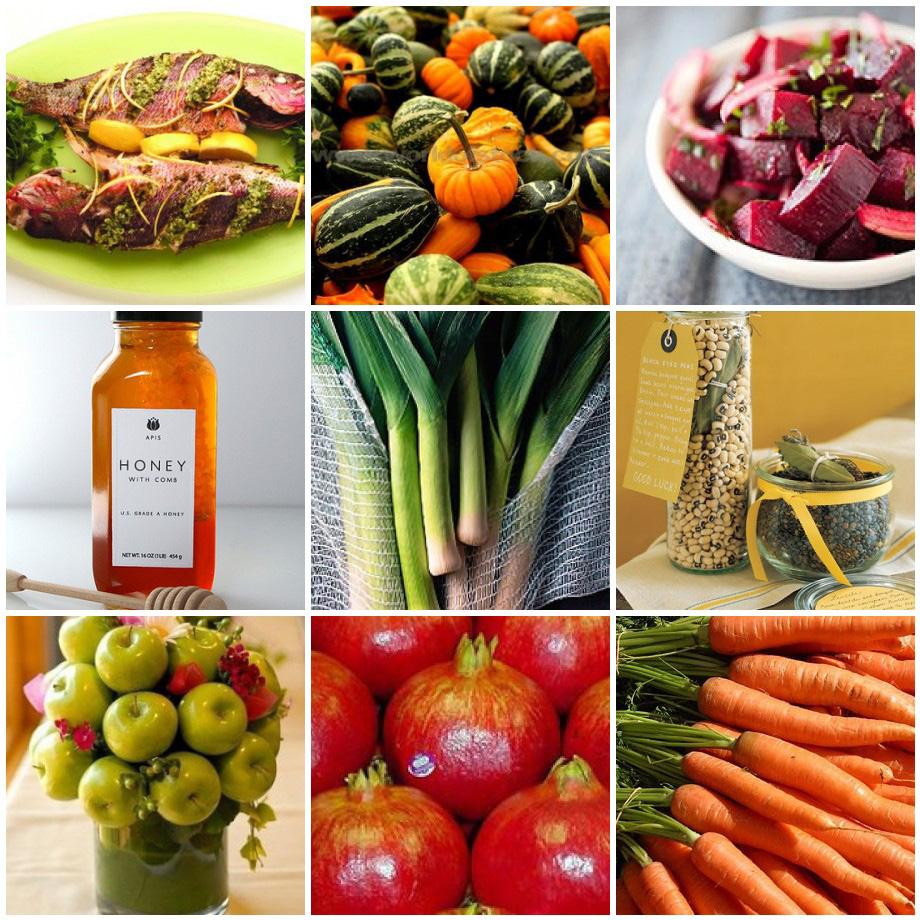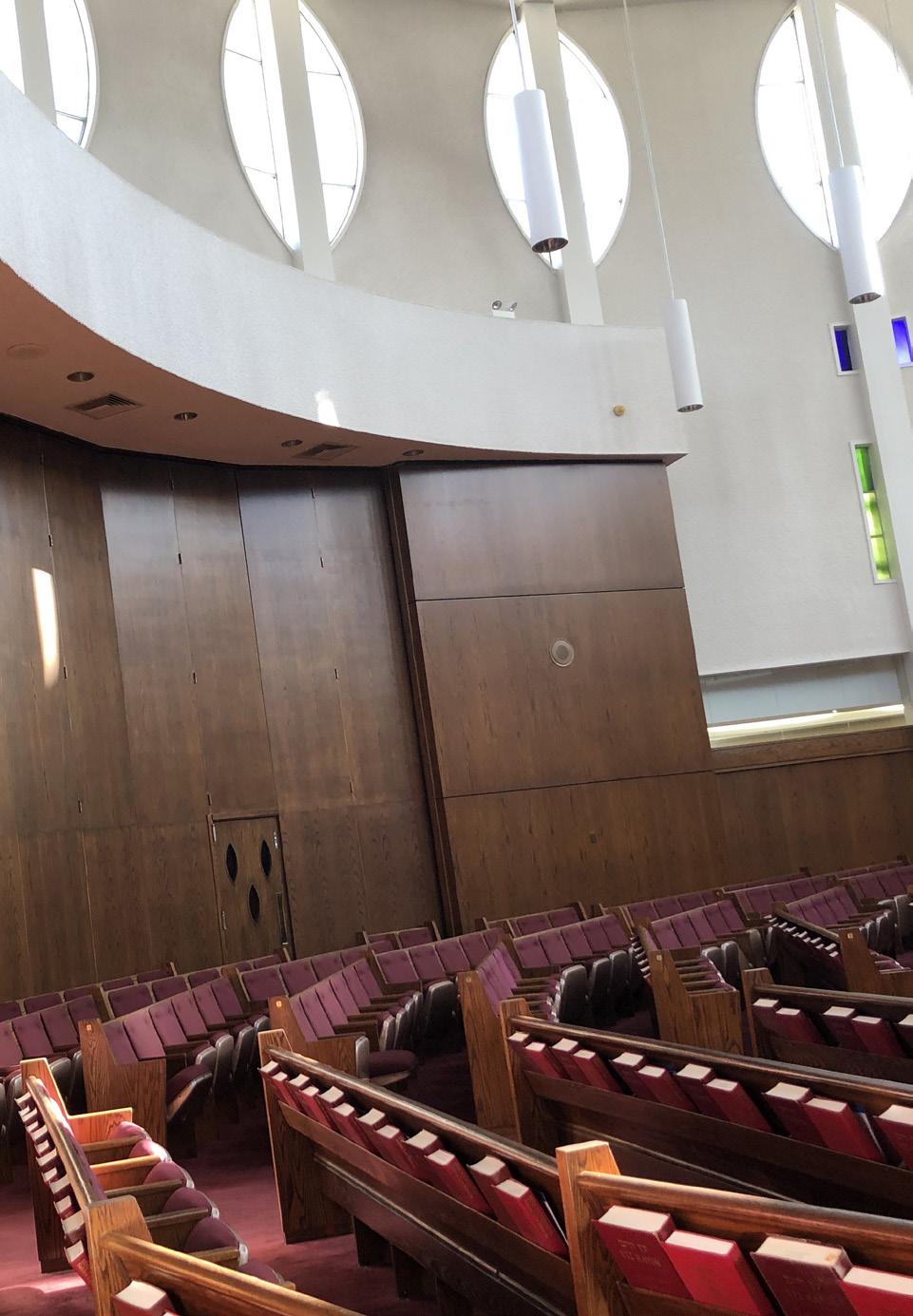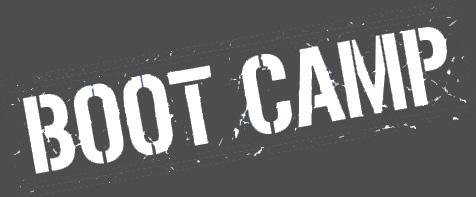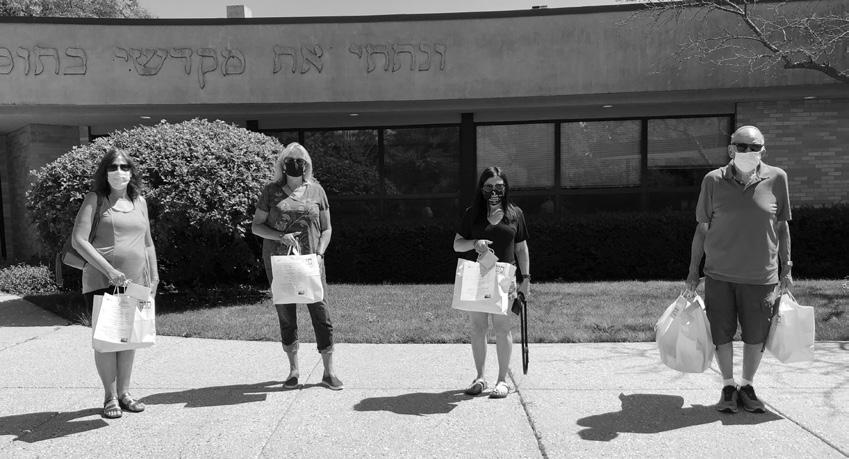Kol Beth El ELUL 5780 – KISLEV 5781
SEPT/OCT/NOV 2020
Teshuvah is for more than Yom Kippur By Rabbi Michael Schwab
INSIDE THIS ISSUE President’s Corner................................. .2 Shabbat & Holiday Schedule............. .3 Notes from Hazzan............................... .4 Cultural & Learning Center................ .4 Informal Education................................ .5 Formal Education................................... .6 Ritually Speaking.................................... 6 Development .......................................... .7 Pre-School................................................ .7 Youth Community................................. .8 NSSBE Reopening Plan....................... .9 Sisterhood................................................. 10 Sisterhood Gift Shop............................ 10 Men’s Club................................................ 11 What We’ve Accomplished............... 11 High Holiday Boot Camp.................... 12
High Holiday Schedule.................... 13 Beth El History Corner......................... 14 Did You Know the Birnbaums?......... 14 All in the Beth El Family....................... 15
Todah Rabbah..................................... 16 Membership Update........................ 19 HAZAK.................................................. 20 Social Action........................................ 20 B’nai Mitzvah Students.................... 21 Sept/Oct/Nov Events....................... 22 Chef Laura............................................ 24
North Suburban Synagogue Beth El 1175 N. Sheridan Road Highland Park, IL 60035 (847) 432-8900 | www.nssbethel.org
We all know that Yom Kippur is the holiest day of the year. And we also know that it is on this day that we atone for our sins and are forgiven by God. Yet, as Dr. Louis Newman writes, “For all its austere power, the Day of Atonement has limited effect.” Yes, God may forgive us after a day of prayer and fasting, but have those we have wronged forgiven us? At the end of Yom Kippur, have we truly forgiven ourselves? The rabbis seem to acknowledge this limitation of the Day of Atonement in the Mishnah. It says, “For transgressions committed between an individual and the Omnipresent, the Day of Atonement atones. For transgressions between one individual and another, the Day of Atonement atones only if the one will regain the goodwill of his fellow.” (Mishnah Yoma 8:9) This teaching reveals the almost subversive importance Rabbinic Judaism places on receiving atonement from one’s fellow human beings. Atonement from God is crucial and important. But so is repairing relationships with those around us. Even God cannot forgive a transgression until the offender, him or herself, forgives. Thus, we have a great deal of work to do, before “the big day.” Relationships cannot generally be repaired in 24 hours. In fact, the best way to approach the twin concepts of repentance and atonement is to see them as part of our daily lives. Since Yom Kippur is insufficient as a single day of total atonement, one must undertake these important initiatives on an on-going basis. That is one reason why prayers for forgiveness and atonement are in each daily Amidah, which
is recited three times a day. The inclusion of such prayers in each Amidah is supposed to remind us to repent and seek forgiveness on a daily basis, as inevitably each day we have committed actions that might have offended others. And what about forgiving ourselves? After all, we are all equally creations of God. A tenet of Judaism is that we are worthy of redemption. For many of us, the guilt and shame of our misdeeds actually prevents us from facing them. Feeling unworthy of forgiveness, therefore, stops us from correcting our wrongs and healing our relationships. Therefore, the process of achieving atonement must also be accompanied by a willingness to see ourselves as redeemable. As Dr. Newman writes, “Transgression (processed properly) can become the springboard for tremendous moral growth.” Both Rav Soloveitchik and Rav Kook thought so too. We are not fulfilling our highest role if we do not believe that we have worth. We cannot achieve what God asks if we do not believe in our ability to overcome our misdeeds. Forgiving oneself also can rarely be achieved in one day. And this process, as well, needs work on an on-going basis. If we incorporate the notion of atonement into our daily spiritual philosophy, we help ourselves achieve the ability to heal, grow, learn and maintain healthy relationships. Yom Kippur alone cannot bring us total atonement, but it is a powerful reminder and symbol of the core importance of these concepts. And it spiritually renews our resolve to make atonement a meaningful force in our lives. May we all see our worth and our ability to grow, improve and strengthen our relationships. Shanah Tovah! SEPT/OCT/NOV | KOL BETH EL | 1






